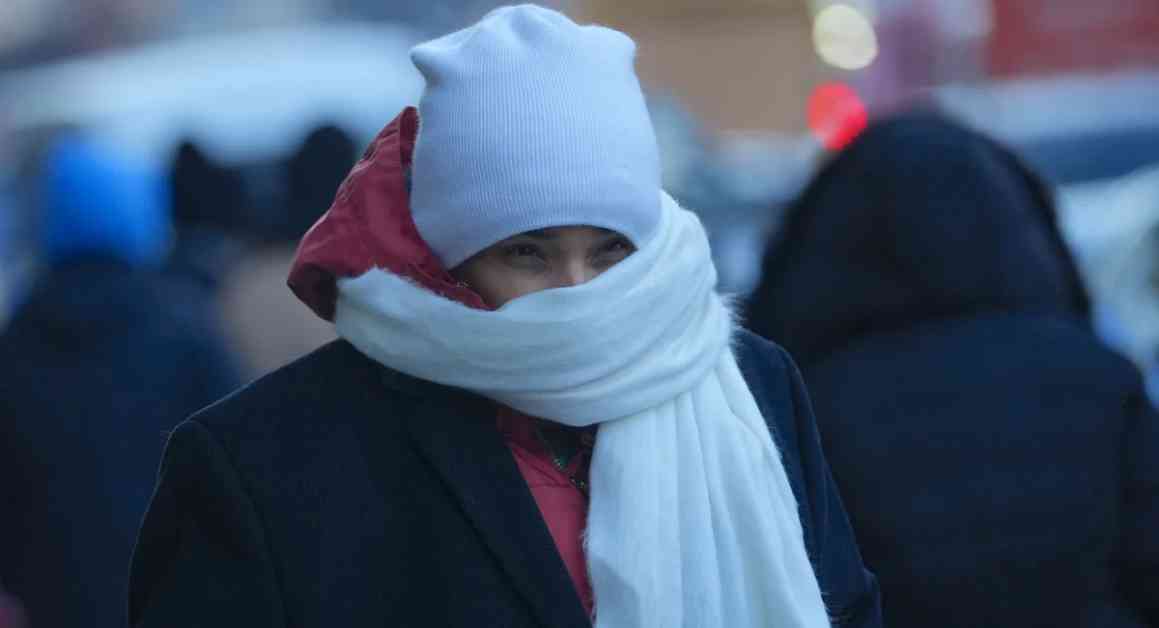Staying Warm Without Heat in Your Apartment: A Comprehensive Guide
As the cold weather sets in, millions of New Yorkers are bracing themselves for the chill as the National Weather Service forecasts frigid temperatures in the low 20s and a bone-chilling low of 13 degrees on Tuesday night. It’s heat season in the city, a time when landlords are required to maintain indoor temperatures at a comfortable level. But what happens if your apartment is still cold despite these regulations?
Contacting Your Landlord: The First Step
Rasheed Barnes, a landlord in the Bronx, emphasizes the importance of communication when it comes to heating issues. He stays in touch with his tenants, especially those with specific needs like newborns, to ensure they are warm and comfortable. However, not all landlords are as responsive, which is why it’s crucial to reach out and document your complaints if necessary.
Large companies with extensive property portfolios may not provide direct access to a human representative, but it’s still essential to inform them of any heat-related problems. Keeping a record of your communication can be beneficial if legal action becomes necessary, according to Adam Meyers of Communities Resist.
Seeking Help: The Role of 311
If your landlord fails to address the heating issue promptly, calling 311 is the next step. Your complaint will be forwarded to the Department of Housing Preservation and Development, which will investigate the matter. While the agency receives hundreds of thousands of complaints each heat season, limited resources mean immediate solutions aren’t guaranteed.
AnnMarie Santiago, Deputy Commissioner of HPD, stresses the importance of landlords keeping tenants informed about repair efforts to prevent unnecessary calls to 311. However, in cases of prolonged neglect, tenants have the option to take legal action to compel landlords to make necessary repairs.
Public Housing Concerns: What NYCHA Tenants Need to Know
NYCHA tenants facing heating issues are advised to contact 311 or the Customer Contact Center for assistance. While the agency has made strides in improving response times and maintenance efforts, residents continue to face challenges during the cold season. Tracking outage statuses and lodging complaints are essential steps for those living in NYCHA complexes.
Managing Excessive Heat: A Balancing Act
In situations where the heat becomes excessive due to uneven heating systems, renters are encouraged to communicate with their landlords to adjust temperatures. While there are no regulations for maximum temperatures during the heat season, landlords are urged to address overheating concerns promptly. Opening a window in sweltering conditions not only helps maintain comfort but also saves energy costs.
As we navigate the challenges of staying warm during the cold season, effective communication, documentation, and proactive steps are key to ensuring a comfortable living environment. Remember, your safety and well-being are a top priority, so don’t hesitate to seek assistance if you encounter heating issues in your apartment. Stay warm and safe this winter!












